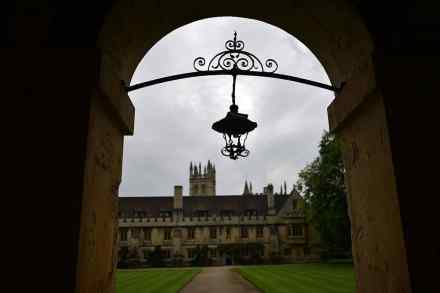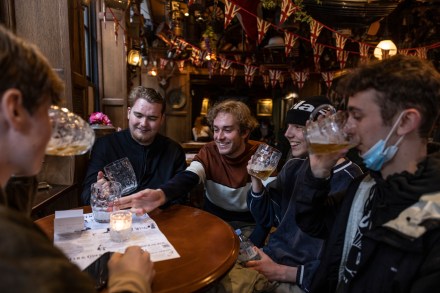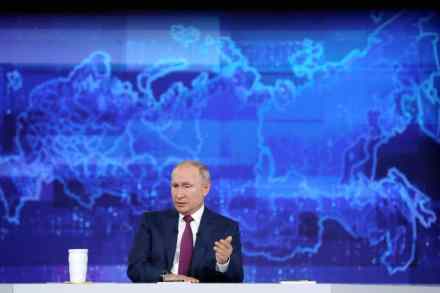Oxford’s Oriental name change is a mistake
Oxford’s Faculty of Oriental Studies has had a name change: it will now be known as the Faculty of Asian and Middle Eastern Studies. University bigwigs opted to drop the word ‘oriental’ over fears that it might be too outdated and potentially offensive. This is a small-minded attack on a great and important subject. It’s also a distraction from the university’s real problems. The word’s presence in the faculty’s name hasn’t stopped Oxford from accepting more students from China, India, and the rest of what we once knew as the ‘Orient’ than ever previously – just as Cecil Rhodes’ statue hasn’t prevented the university from having more black students than ever before. So if





















